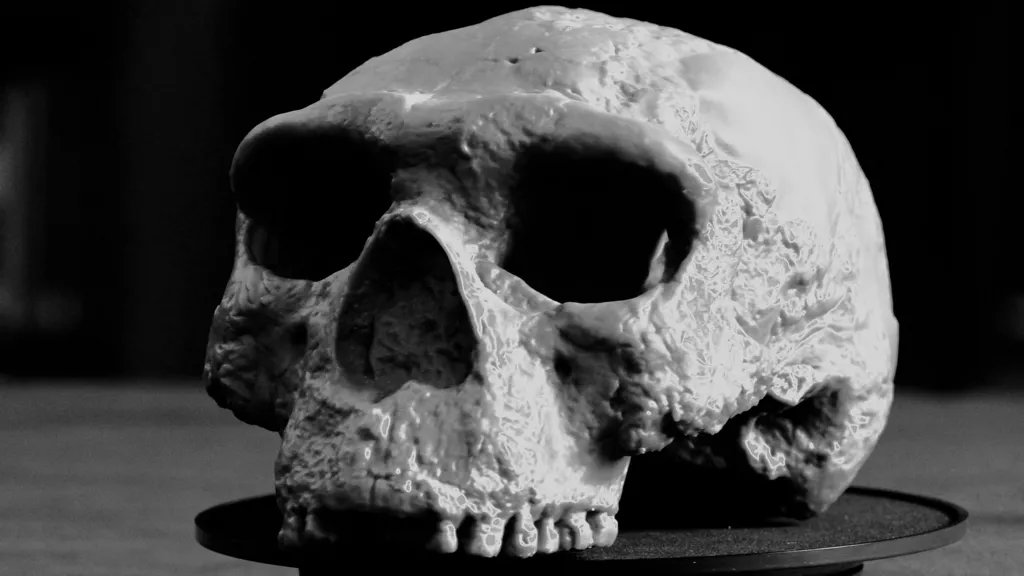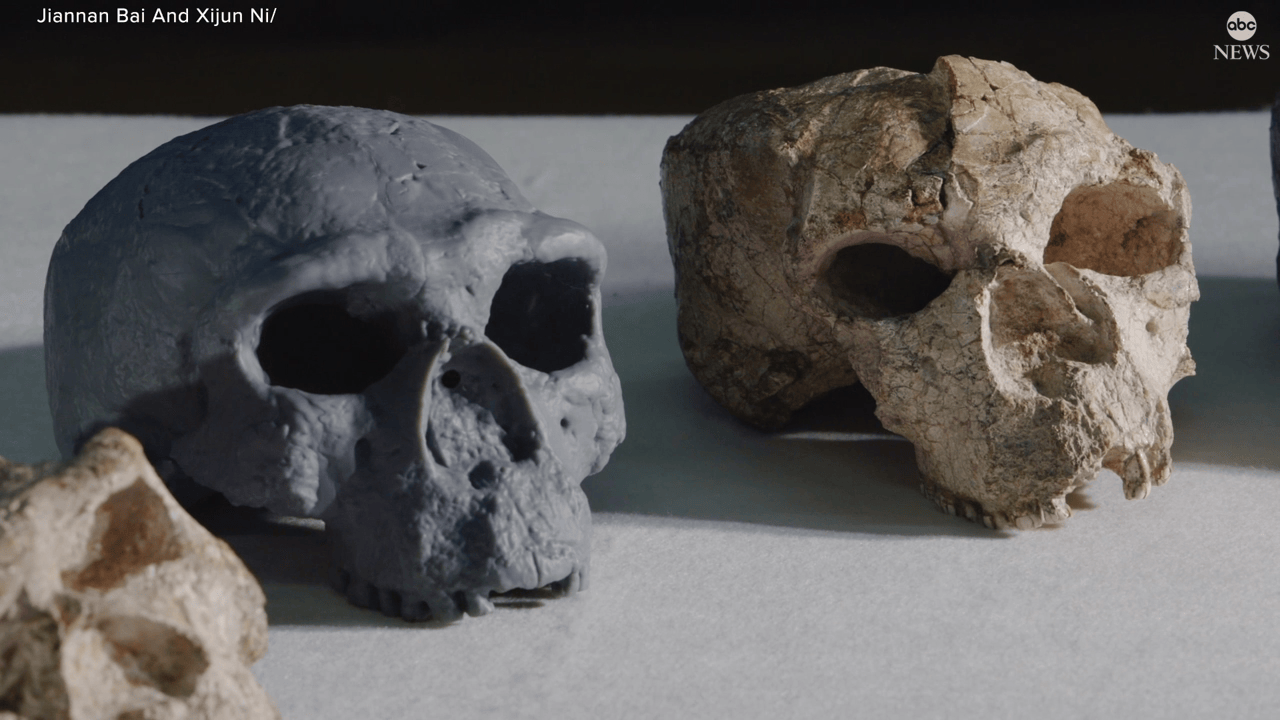Could the story of human evolution be about to change — and by 400,000 years?
That’s the bold claim of a new study suggesting our ancestors may have split far earlier than we thought — and not in Africa, but in Asia.
It all hinges on a battered million-year-old skull dug up in China back in 1990.
Using cutting-edge CT scans and digital reconstruction, scientists pieced together “Yunxian 2.”
They spotted something startling: features not of Homo erectus, as once believed, but more like our own Homo sapiens and the mysterious Homo longi.
“This changes a lot of thinking,” said Chris Stringer of London’s Natural History Museum.

New Find Challenges Evolution
If correct, it could mean Neanderthals, Homo sapiens and other early hominins started branching off much earlier than textbooks suggest.
It might also shift Asia from the sidelines to center stage in the human origin story.
“There’s a big change potentially happening here,” said Michael Petraglia, who was not involved in the research.
Skeptics remain. Andy Herries, an archaeologist, warns that skull shape alone can mislead without genetic proof.
Even Petraglia calls the findings “provocative” but not yet conclusive.
Still, one thing is certain: a single fossil in China is forcing scientists worldwide to rethink where — and when — we truly began.





